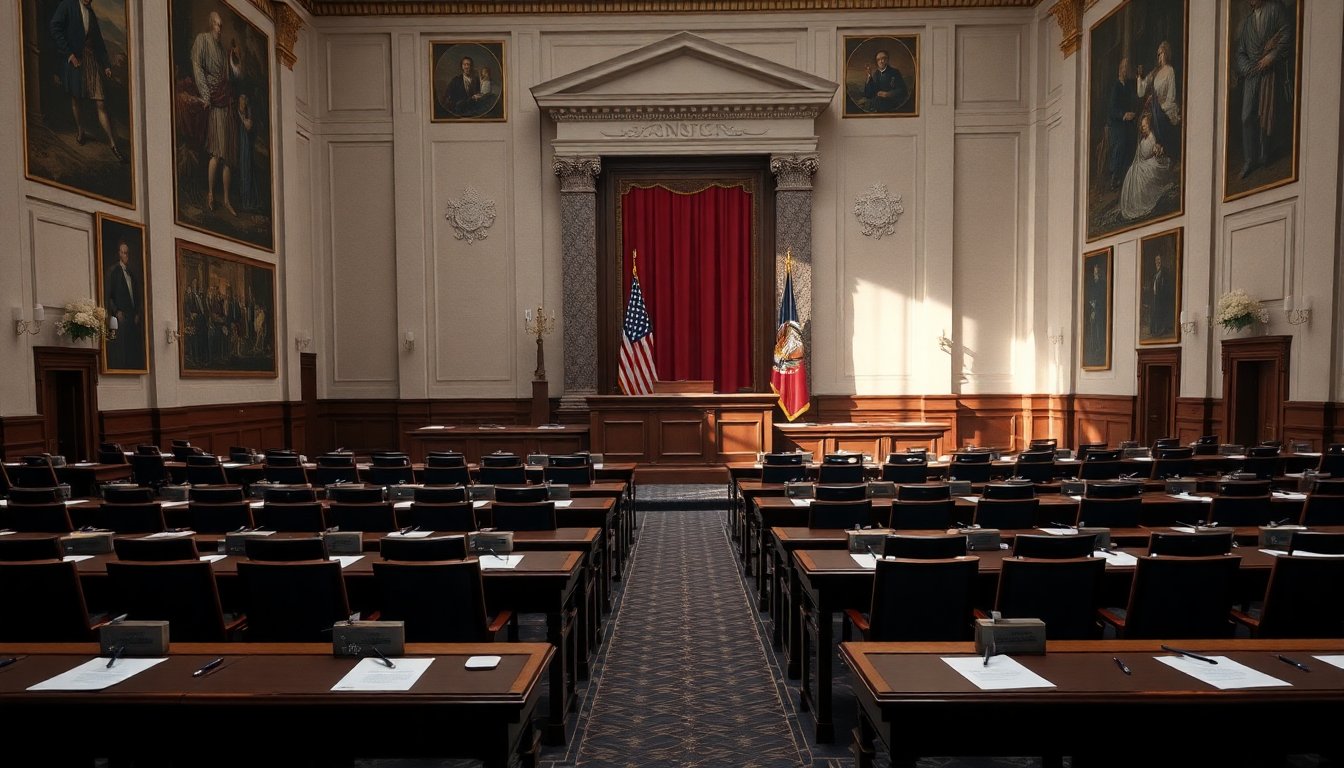Table of Contents
In a historic moment, the United States Congress convened to formally acknowledge the victory of Donald J. Trump in the recent elections. This session was characterized by its efficiency and lack of contention, standing in stark contrast to the tumultuous events that unfolded during the last certification process.
The smooth proceedings reflect a shift in the political landscape. Observers noted the absence of the heated debates and protests that marred previous sessions. This change raises questions about the evolving nature of political discourse and its implications for future electoral processes.
Shifting political dynamics
The recent certification session was marked by a sense of calm, allowing lawmakers to focus on the procedural aspects of acknowledging Trump’s win. Unlike the prior election cycle, which featured significant challenges and unrest, this year’s event unfolded without incident. Many politicians expressed a willingness to move forward and address the nation’s pressing issues instead of engaging in divisive rhetoric.
Comparing past and present
Four years ago, the certification of President Joe Biden’s victory was accompanied by protests and a profound sense of discord among lawmakers. Tensions peaked when the Capitol was stormed by individuals contesting the election results. The stark difference in this year’s session serves as a reminder of how political climates can shift over time, leading to varying degrees of acceptance and cooperation.
This year’s session allowed for a more streamlined process, with members of Congress focusing on their responsibilities rather than engaging in lengthy debates. The atmosphere was notably devoid of the drama that characterized earlier events, signaling a potential return to a more traditional form of governance.
The role of leadership
Vice President Kamala Harris played a pivotal role in facilitating this efficient session, guiding lawmakers through the necessary steps to certify Trump’s victory. Her leadership style, which emphasizes collaboration and unity, likely contributed to the seamless proceedings. In contrast, the previous administration’s approach to election results often fostered division and conflict.
Implications for the future
This notable shift in tone raises important questions about the future of American politics. Will this trend of cooperation endure in the face of ongoing partisan challenges, or will it give way to the tumult seen in prior years? The recent session may represent a turning point where lawmakers prioritize the interests of their constituents and the health of democratic processes over personal and party agendas.
As Congress moves forward, it will be essential for leaders on both sides of the aisle to maintain open lines of communication and foster a spirit of bipartisanship. The certification of Trump’s victory, devoid of the chaos that previously dominated, sets a precedent that could inspire future collaborations within the government.
Ultimately, the recent congressional session serves as a reminder of the fundamental principles of democracy, where the peaceful transfer of power remains a cornerstone of the nation’s governance. The contrast to previous years illustrates the possibility of overcoming divisive politics in favor of constructive dialogue and collective progress.


